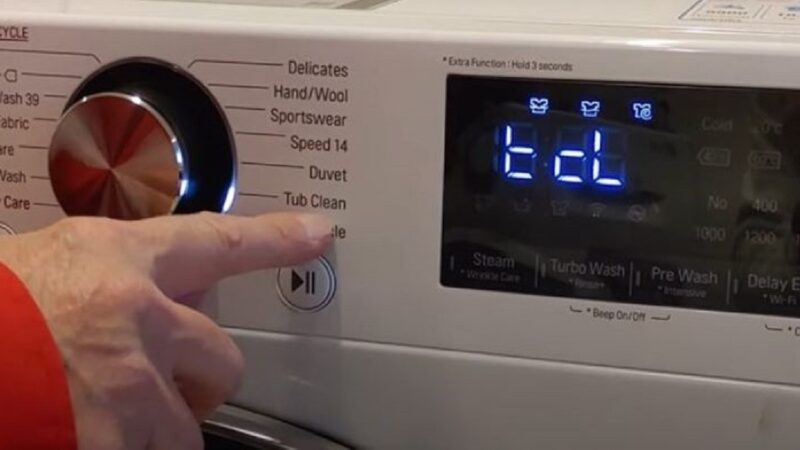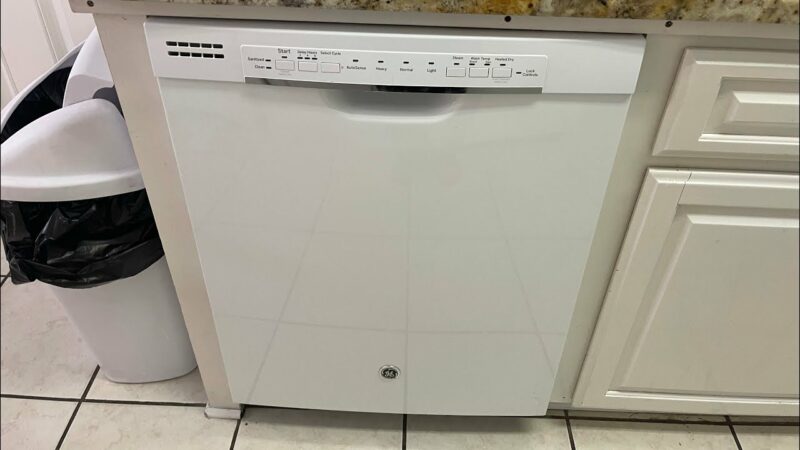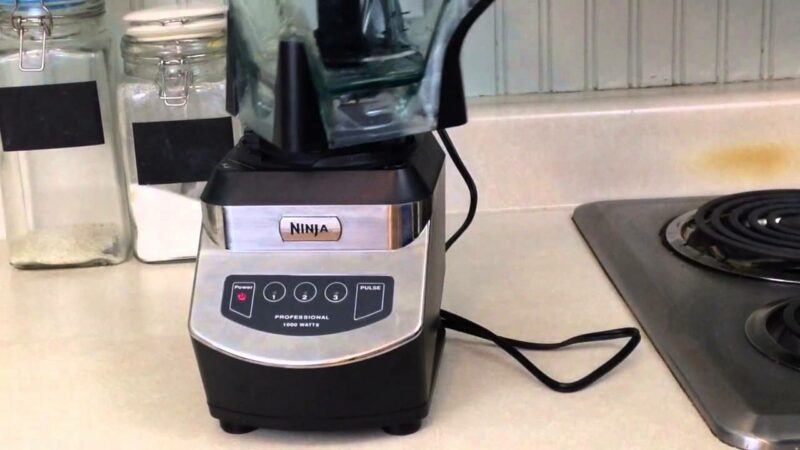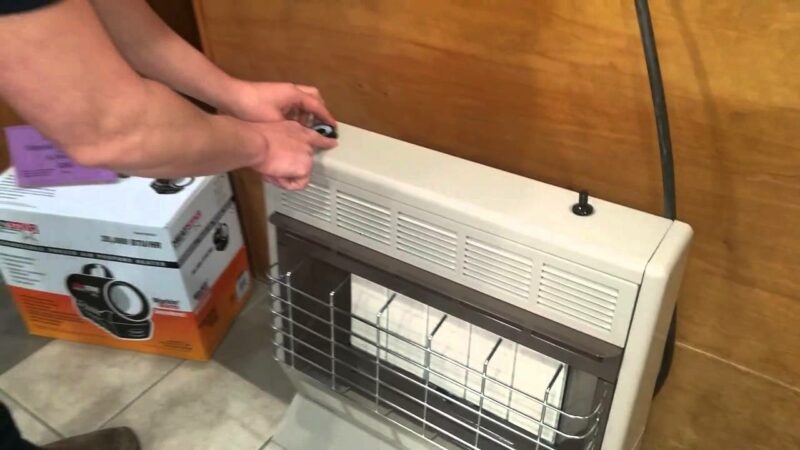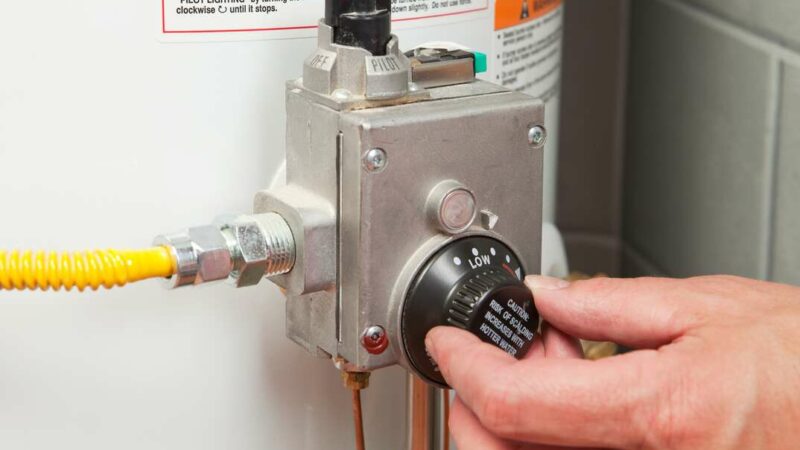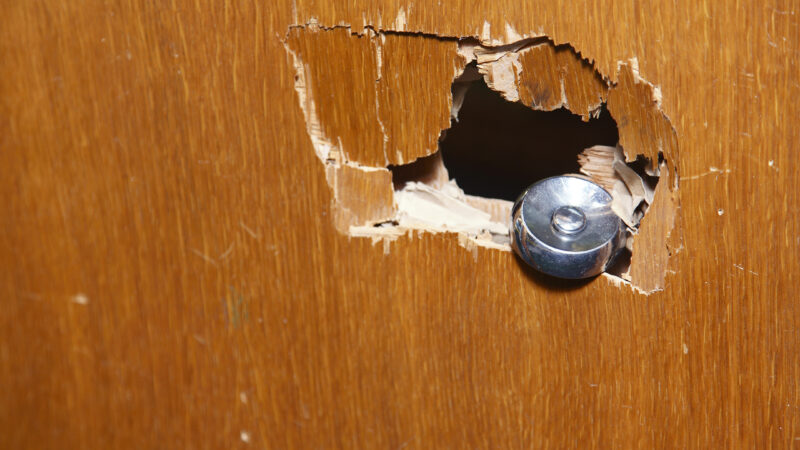How to Hook Up a Generator to Your House
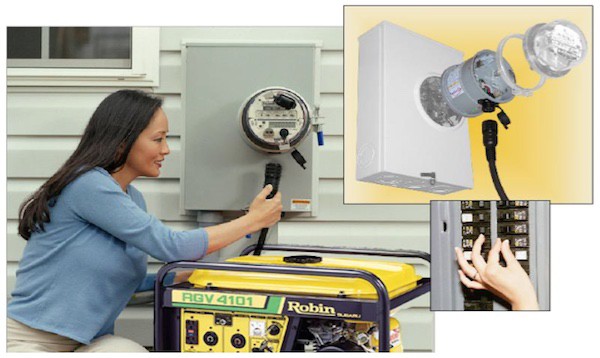
Hooking up a generator to your house is easy with our guide. Have you ever had a time when the electricity went out in your house? That can be a real bummer, especially if it’s hot or cold outside or if you need electricity for a special machine to keep you healthy.
Do you know what to do if you face a power cut in your house and don’t have any power? It can be super scary, especially if it’s hot or cold outside or if you need electricity for something important like your medical machine. But don’t worry; there’s a simple solution.
You can get a generator to make sure you have power even when the lights go out. But how do you hook up a generator to your house, so it works?
How to Hook Up a Generator to Your House
You have two choices to keep your house powered during a power outage. You can plug your things directly into the generator or connect the generator to the electrical system in your house. It’s like having a backup plan in case the electricity goes out.
Connect The Appliances To Your Generator
You can use a generator to keep your appliances running if your power goes out. But you can’t turn the lights by connecting the generator to your house. You will need to use a long cord called an extension cord to connect appliances like your fridge or freezer so that the food inside stays safe and doesn’t go bad.
Connect Your Generator to Your Electrical Grid
When you want to connect your generator to your home’s electrical grid, it’s not as easy as just plugging it in. Doing this is called back feeding, and it can be really dangerous.
It could damage your home’s electrical system, cause fires, and even hurt someone working on the electrical lines. That’s why it’s not allowed by the law. But if you do it right, you’ll be able to use all your lights, appliances, and outlets just like usual.
Let’s say you have a generator that you want to use at home. To make sure it’s safe to use, you need a special tool called a “transfer switch.”
This switch is like a helper that sits next to your electrical box, like a big switch for all the electricity in your house. The transfer switch takes care of turning off the electricity from the outside world and switches it to the electricity from your generator.
That means you can decide which lights, toys, or things you want to turn on or off using the transfer switch.
It is better to know about installing a transfer switch. This special tool lets you safely use a generator during a power outage. To install it, you will need someone who knows a lot about electricity and how to work with wires. They need to go into your circuit breaker board to install the switch.
But, if you want to try it yourself, it’s important to be extra careful and follow the instructions very carefully.
Once the switch is installed, you will need a special cord to connect your generator. The cord has one end that plugs into your generator, and the other end plugs into the transfer switch. This way, your generator can safely power your home during a power outage.
ALSO READ: How Can I Connect a Generator to My House Without a Transfer Switch?
How to Start Your Generator
Here are the steps to follow if you experience power outages and want to use a generator (make sure the generator is connected to a transfer switch) :
- Flip the main breaker on the transfer switch to turn off electricity from the power company.
- If you have a manual transfer switch, turn off all breakers on the switch.
- Put your generator in a place where it can get plenty of fresh air. Now, start the generator.
- Turn on the breakers to your transfer switch one at a time. This will supply power to your home through the generator.
When the power company has restored electricity, follow these steps in reverse to turn off the generator and switch back to grid power.
ALSO READ: PROPANE VS. GAS GENERATORS – WHICH IS BETTER?
How to Install a Generator Safely
When you’re not sure how to hook up generator to house, it’s always a good idea to ask someone who knows what they’re doing. This is especially true when you’re working with electricity. If you’re going to use a generator, it’s important to make sure it’s set up correctly, so you don’t get hurt.
The best way to do that is to hire a professional. They have the expertise to ensure your generator is installed and maintained correctly. That way, the next time you need it, you’ll know it’s safe and easy to use.
ALSO READ: Can A Portable Generator Be Converted To Run On Natural Gas?

